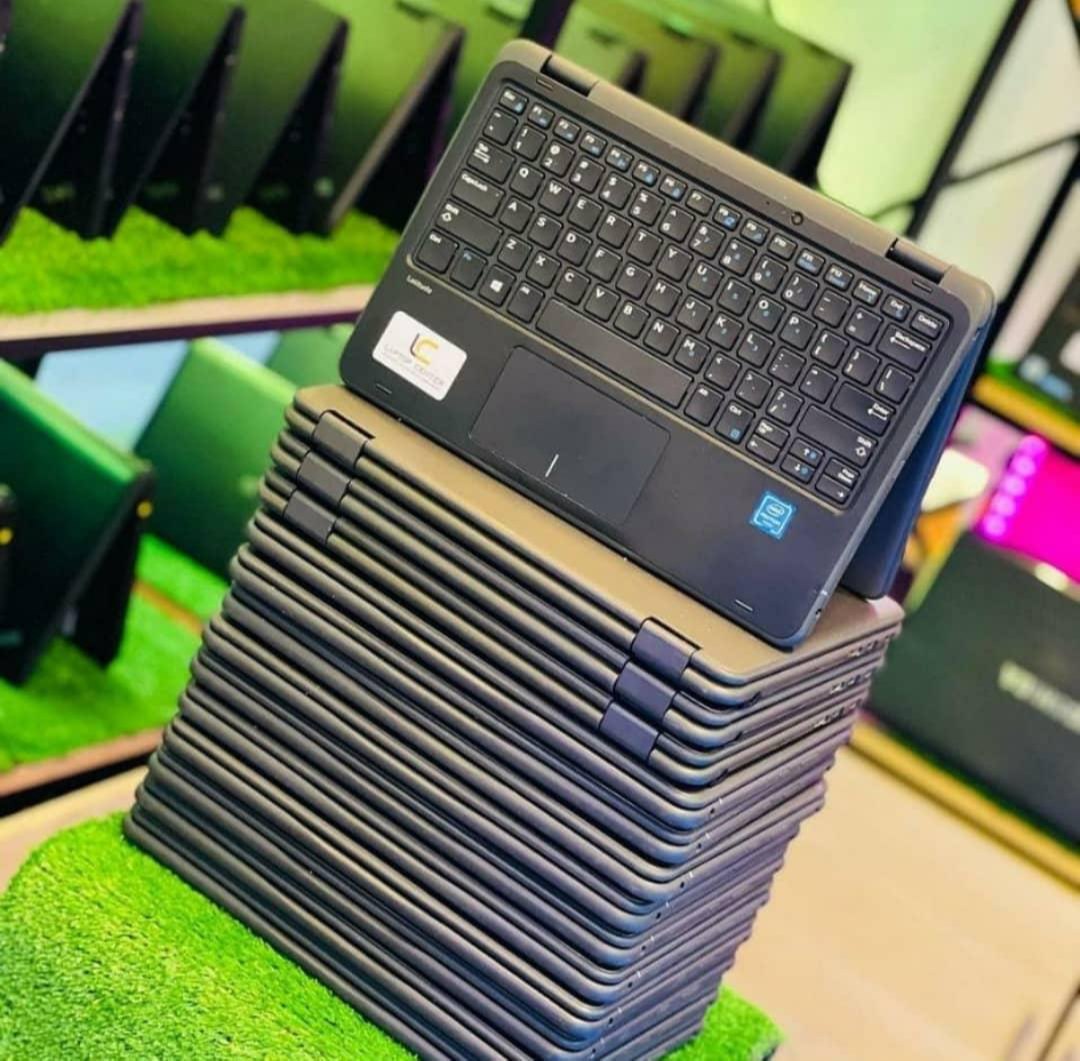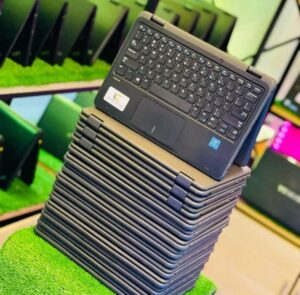Buying a cheap Nigerian used laptop may seem like a great way to save money, but it often comes with hidden risks that can cost you more in the long run. While some pre-owned laptops may still be in good condition, many “9ja used” laptops have underlying issues that can affect performance, security, and durability.
➡️ “Discover laptops with advanced features you never knew you needed! Check out our latest collection here: Psero UK USED Laptops – Feature-Packed Models.”
In this article, we’ll explore the consequences of buying cheap used laptops in Nigeria and what you should consider before making a purchase.
1. Poor Battery Life
One of the most common problems with used laptops is battery deterioration. Many cheap Nigerian used laptops come with:
- Weak or dead batteries that require frequent charging.
- Non-original or low-quality replacement batteries that degrade quickly.
- Power issues, leading to unexpected shutdowns or difficulty turning on the laptop.
Replacing a laptop battery can be expensive, and some older models have non-removable batteries, making them harder to fix.
2. Overheating and Cooling Issues
Cheap used laptops often suffer from poor cooling systems, which can cause:
- Frequent overheating, leading to slower performance and system crashes.
- Dust accumulation, clogging the cooling fans and reducing airflow.
- Damaged heat sinks, making it difficult for the laptop to cool down efficiently.
Overheating can shorten the lifespan of a laptop and even lead to motherboard failure.
3. Hidden Hardware Defects
Many sellers may not disclose hidden defects, such as:
- Faulty keyboards (non-functional keys or ghost typing).
- Broken USB, HDMI, or charging ports that limit functionality.
- Screen issues, such as dead pixels, flickering displays, or cracks.
- Weak hinges, making the laptop lid loose or difficult to close properly.
These repairs can cost as much as buying a better-quality laptop upfront.
4. Outdated or Corrupt Software
Buying a used laptop means you might be getting an outdated operating system (OS) or even a pirated version of Windows. This can result in:
- Lack of security updates, making the laptop vulnerable to cyber threats.
- Software compatibility issues, where new applications may not run properly.
- Pre-installed malware or viruses, putting your personal data at risk.
Installing a genuine OS can add extra costs that make the laptop less of a bargain.
5. Unreliable Performance and Slow Speed
Many cheap used laptops struggle with slow performance due to:
- Low RAM and weak processors, making multitasking difficult.
- Old or faulty hard drives, leading to slow boot times and lagging applications.
- Noisy or failing cooling fans, causing loud operation and sluggish response.
You may end up spending extra money on upgrades (like SSDs or additional RAM) to make the laptop usable.
6. Risk of Buying Stolen Laptops
Some cheap laptops sold in the market may be stolen devices. Buying a stolen laptop can:
- Get you into legal trouble if authorities track the device.
- Lead to blocked or remotely disabled laptops, making them unusable.
- Cause ethical concerns, as you’re supporting a black market.
Always ask for proof of purchase and check the laptop’s serial number to verify its legitimacy.
7. No Warranty or After-Sales Support
Unlike new laptops, most cheap used laptops in Nigeria do not come with a warranty or after-sales support. This means:
- If the laptop develops a fault, you bear the full repair cost.
- Many sellers offer no refunds or exchanges, even if issues arise immediately.
- Finding replacement parts can be difficult, especially for older models.
Without a warranty, any repair costs will come directly out of your pocket.
How to Avoid the Risks
If you still want to buy a used laptop, follow these precautions:
Buy from reputable sellers or certified refurbishers instead of roadside vendors.
Test the laptop in person before making payment.
Check battery health, keyboard, screen, and ports for any issues.
Confirm the laptop’s specifications to ensure it meets your needs.
Ask for a warranty or return policy whenever possible.
Ensure it has a genuine Windows license and no malware.
Final Thoughts
While cheap Nigerian used laptops can be tempting, they often come with hidden risks like poor battery life, overheating, hardware defects, outdated software, and even legal concerns. Instead of focusing only on price, consider quality, performance, and long-term value.
If you’re on a tight budget, it’s better to buy a certified refurbished laptop or save up for a new one to avoid unnecessary expenses in repairs and replacements.

